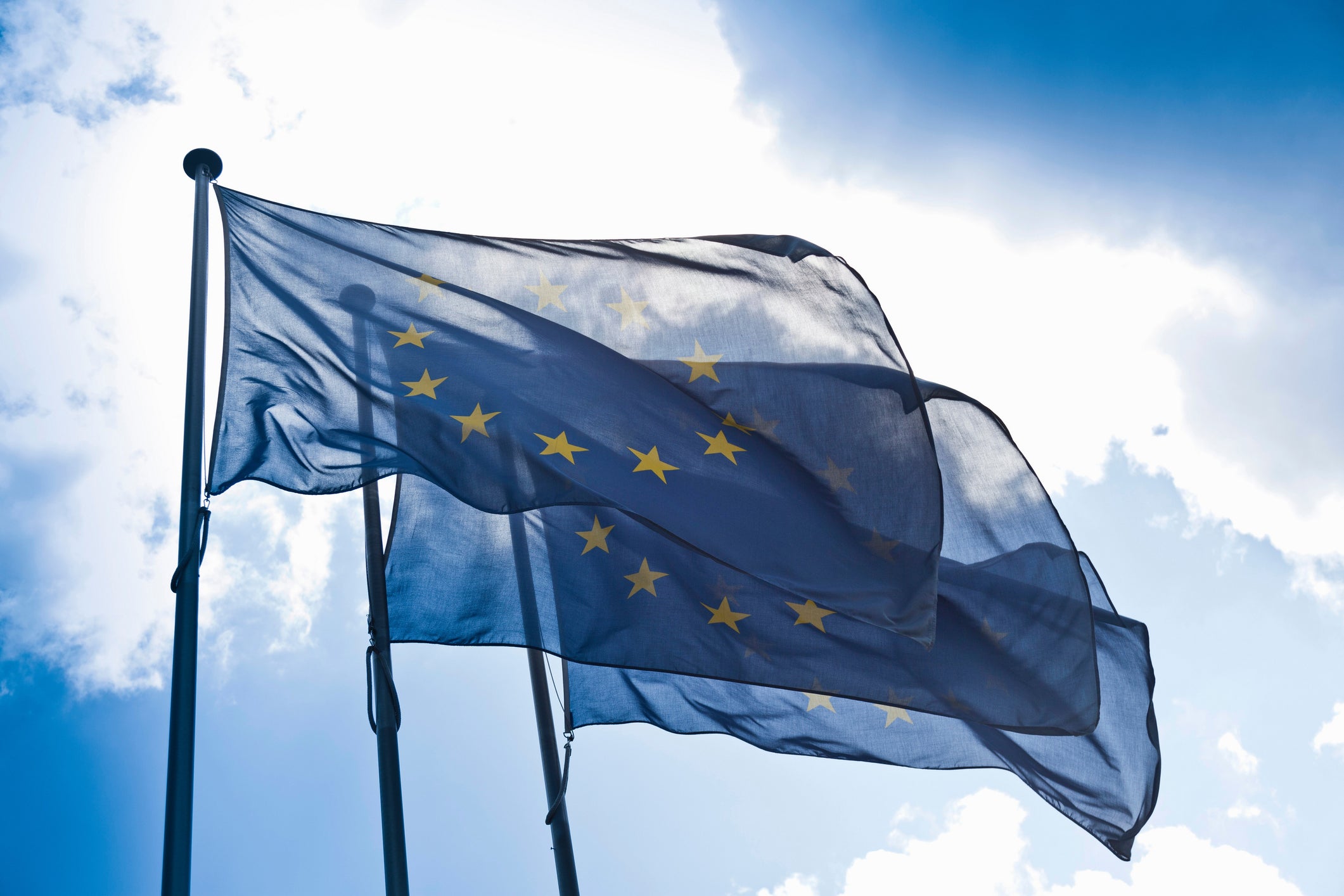
The Members of the European Parliament (MEPs) have adopted a directive that seeks to protect consumers from misleading marketing claims, with 593 votes in favour, 21 against and 14 abstentions.
The EU intends to add a number of “problematic” generic marketing terms related to greenwashing and the early obsolescence of goods to the list of banned commercial practices.
The new rules aim to make product labelling clearer and more trustworthy by banning the use of environmental claims such as “environmentally friendly”, “natural”, “biodegradable”, “climate neutral” or “eco” without proof.
The European Parliament explained the new directive is meant to work together with the green claims directive which is currently being discussed at committee stage in Parliament.
It also highlighted the need for regulating the use of sustainability labels due to their widespread use and failure to use comparative data. Moving forward, only sustainability labels based on official certification schemes or established by public authorities will be allowed in the EU.
Additionally, the directive will ban claims that a product has a neutral, reduced or positive impact on the environment because of emissions offsetting schemes.

US Tariffs are shifting - will you react or anticipate?
Don’t let policy changes catch you off guard. Stay proactive with real-time data and expert analysis.
By GlobalDataFocus on ‘durability of goods’
The European Parliament pointed out that an important objective of the new law is to make both producers and consumers focus more on the durability of goods. In the future, guarantee information is expected to be more visible and a new standardised label will be introduced to highlight products with extended guarantee periods.
According to the directive, unfounded durability claims (for example saying that a washing machine will last for 5,000 washing cycles if this is not true under normal conditions), urging replacement of consumables earlier than strictly necessary (often the case with printer ink, for example), and presenting goods as repairable when they are not, will all be banned.
The parliament’s rapporteur Biljana Borzan (S&D, HR) believes this law will help Europeans step away from “throwaway culture,” make marketing more transparent and fight premature obsolescence of goods.
Borzan added: “This law will change the everyday lives of all Europeans! People will be able to choose products that are more durable, repairable and sustainable thanks to reliable labels and advertisements. Most importantly, companies can no longer trick people by saying that plastic bottles are good because the company planted trees somewhere – or say that something is sustainable without explaining how. This is a big win for all of us!”
The MEPs shared the directive also needs to receive final approval from the council, after which it will be published in the official journal and member states will be given 24 months to transpose it into their national laws.
The draft proposal for the law was first announced in March 2023 following a Commission study in 2020 that highlighted 53.3% of examined environmental claims in the EU were found to be vague, misleading or unfounded and 40% were unsubstantiated.



